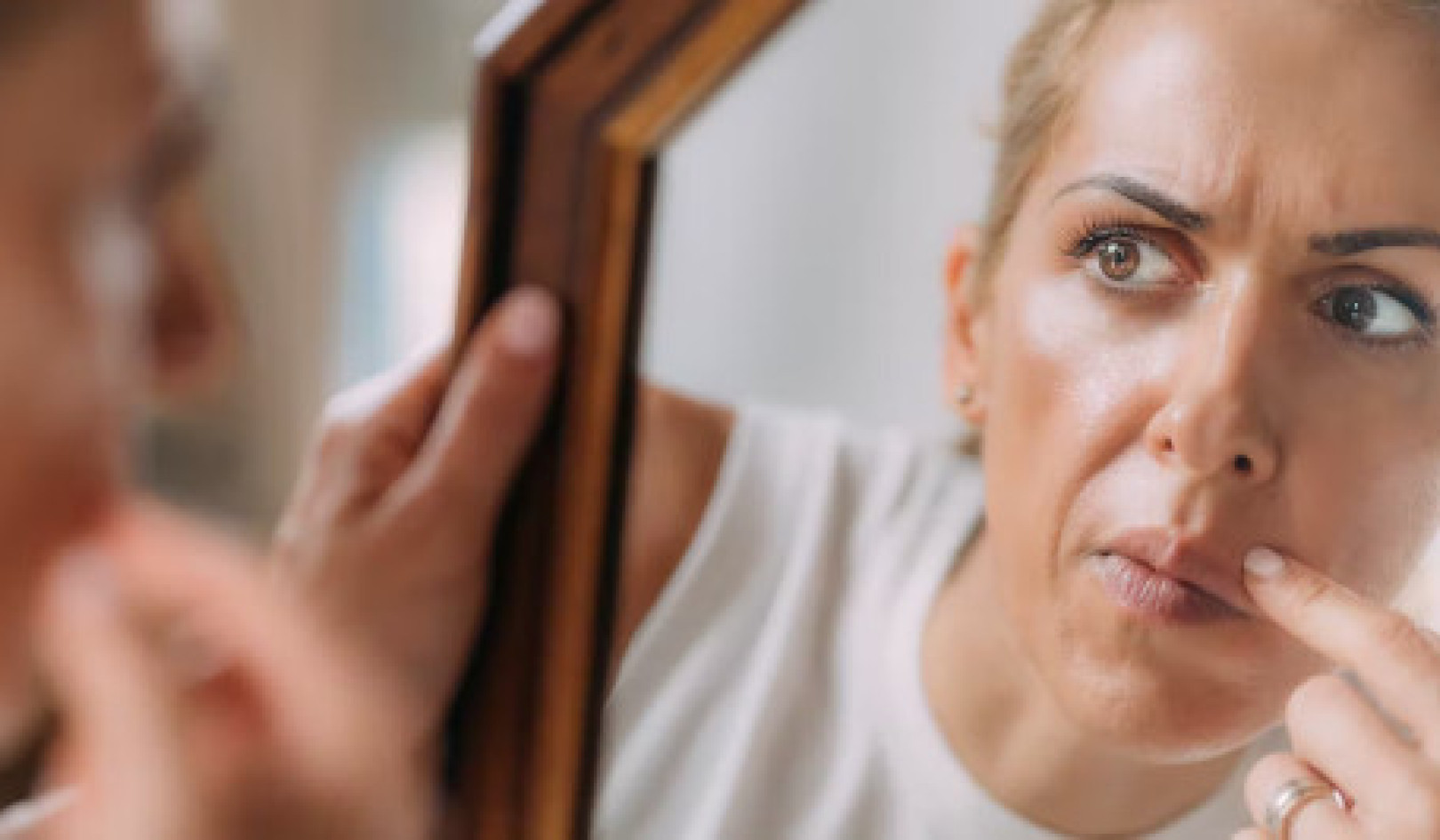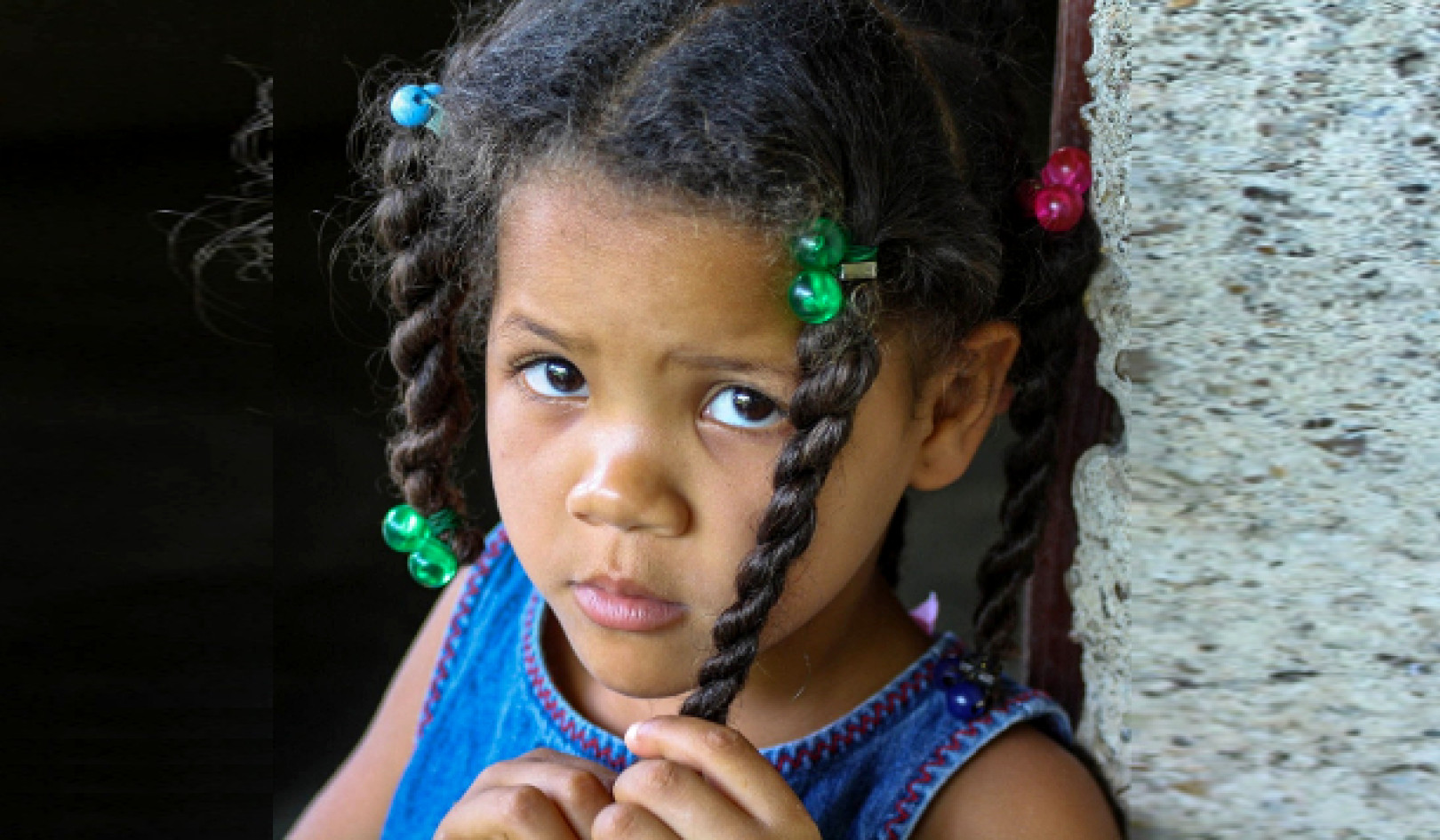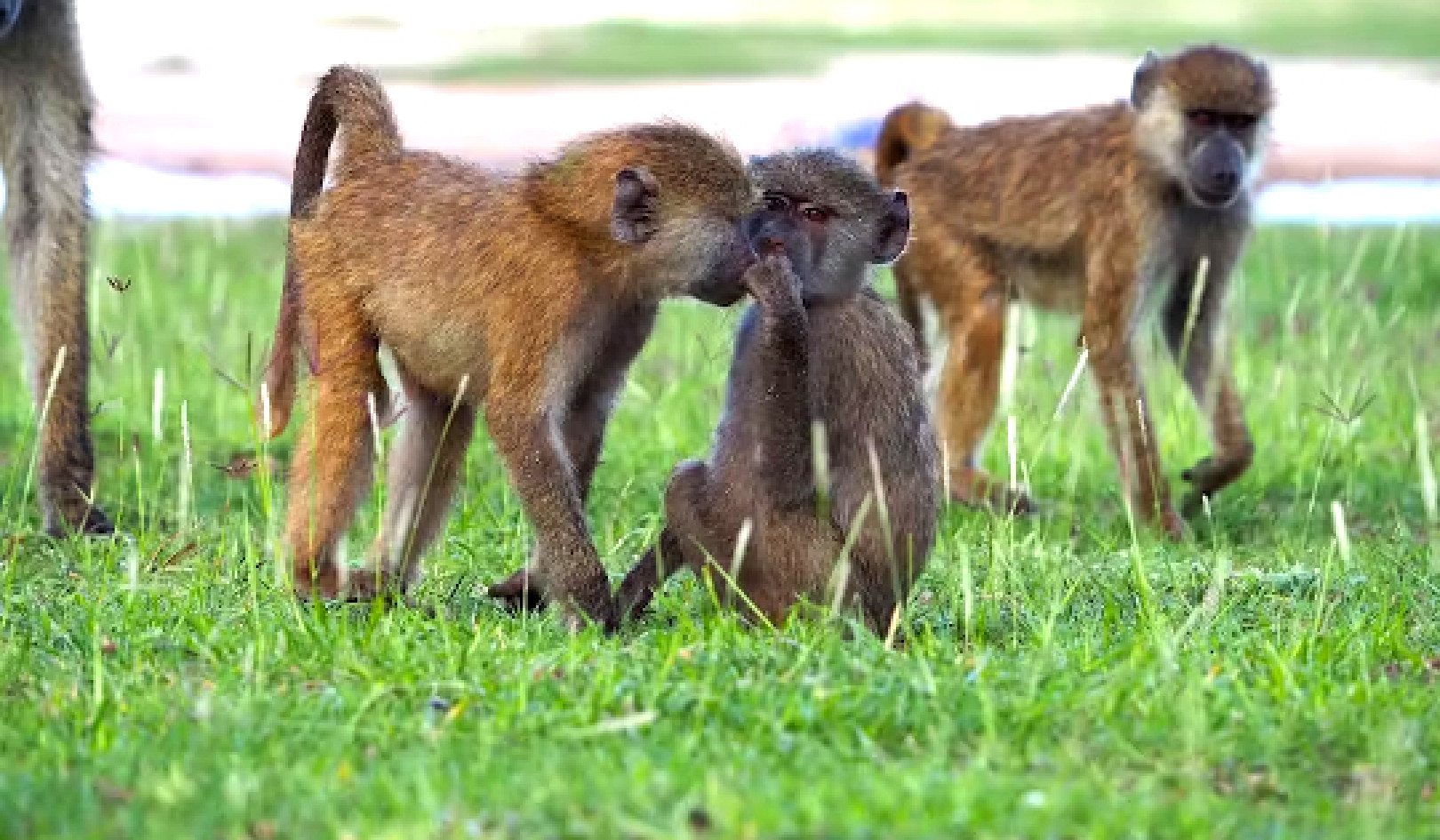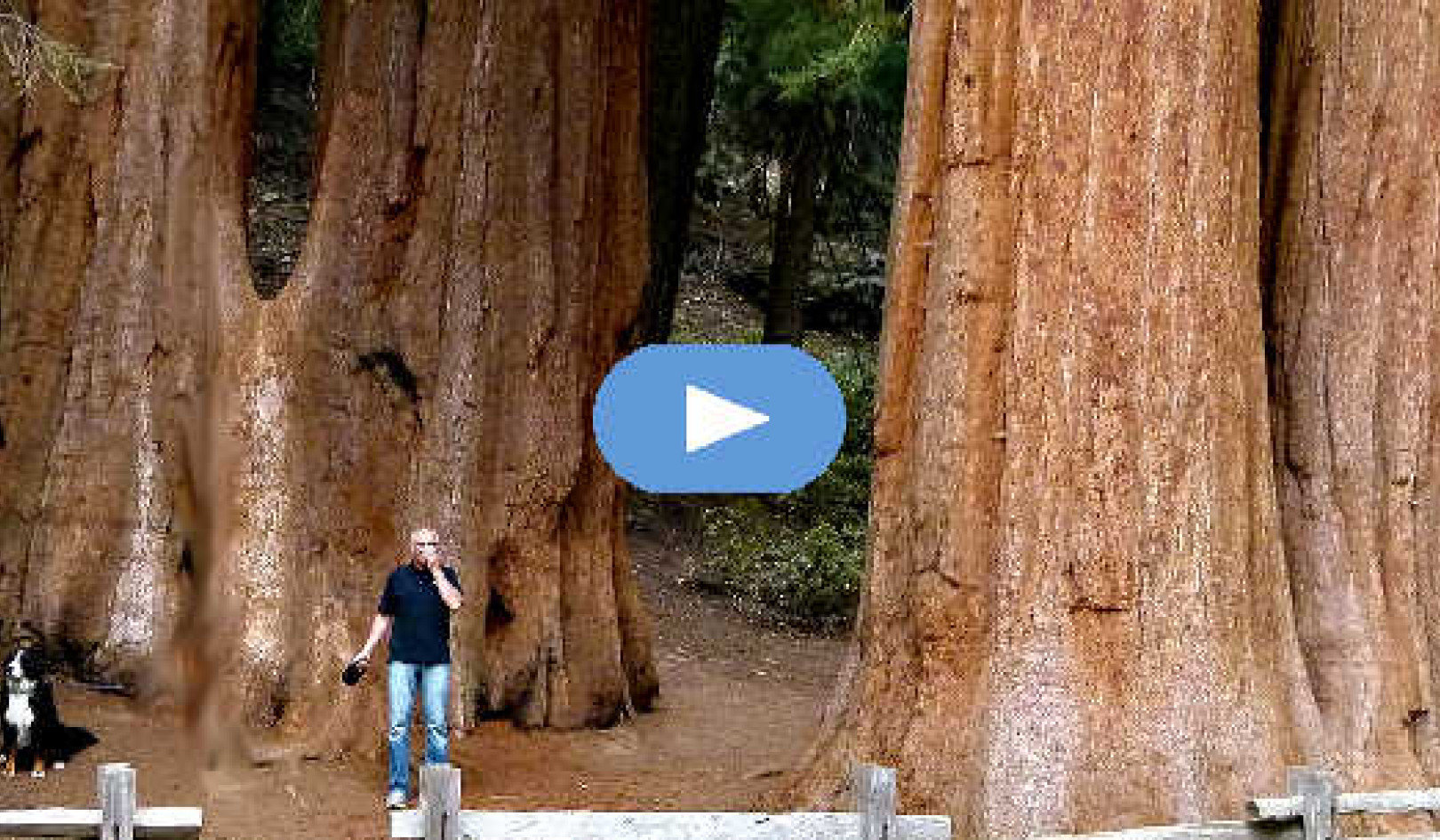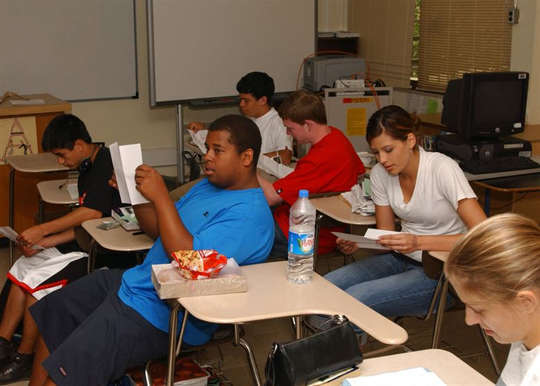
Incirlik American High School students read letters that the 6th-8th grade students wrote for them. The middle school students wrote letters to the High School students giving them advice. (Photo credit: U.S. Air Force, Airman 1st Class Tim Taylor).
"It is possible to eliminate war and destruction, if we start with our youth, educating them to understand the conditioning that teaches them to hate those different from themselves. If we teach our children to understand the barriers to peace and the skills to resolve conflict, we have invested in our future. We've invested in a peaceful world. We need to start somewhere. We can begin in our homes and our schools. Plant the seed, nurture it and watch it grow."
I wrote these words in 1995 as I set out on a mission to bring understanding of the root of conflict and propose solutions beyond Band-Aid fixes to our schools. Years later, I read headlines reporting one more incident of tragic school violence. What is it going to take for us to take this issue seriously? How many more children will die? How many more families will be torn apart before we, as a society, move beyond the discomfort of the problem into dealing with it?
Many people say the problem is being addressed. It is being addressed in bits and pieces and 45-minute lessons here and there once a week for X weeks. It is being addressed with metal detectors and police officers in our schools. It is being addressed by training the cream of the crop in our schools to be peer mediators, ignoring opportunities to include all the other children who need the skills. It is being addressed in one or two hour staff development workshops for teachers once a year. It is being addressed by expanding prisons, trying children as adults, creating tougher laws. We have school funding for improvements in technology, like new computers, test answer key scanners, and sports, while funding for conflict education training is minimal or non-existent.
Schools blame parents for the problems, while parents blame the schools. We are always looking for something or someone to blame; the media, the break-up of the family, drugs, not enough income, too much money, etc. The truth is that there is no one thing to blame. We have a societal problem. As long as we blame any one 'thing' we will not take responsibility for 'our' role in the problem. If we don't take responsibility for our role as an important and contributing member of the affected society, we will not achieve the peaceful and safe world we desire for our youth and ourselves.
Look In The Mirror
Stop blaming the state of our youth on the next guy. Stop saying it can't happen to my kid, or in my town, or in my state. Ask yourself what you can do. Don't even consider that you can do nothing. That's not an acceptable response if you want the violence to stop.
We need a holistic solution that begins with facilitating educational experiences for the parents and guardians of our children. We need to help parents and guardians feel safe enough to support one another so they are not raising children in isolation. While we are spending billions overpopulating our prisons, we are seriously lacking in support and services for families in our country.
We need to understand that children who feel hungry or unsafe cannot achieve academic success in schools. School culture must include acceptance and understanding of academic and cultural differences along with zero tolerance, for physical and verbal bullying. Verbal bullying is too often ignored or minimized, even though it is more damaging to a greater number of children over time than physical bullying is.
Academic success cannot happen for all children unless all school staff are trained and willing to work towards a positive school culture. So often, handfuls of staff are trained in necessary skills, yet work in isolation of untrained staff. Children move from class to class and get confusing and inconsistent messages of what is expected of them.
Community Participation
Community members and businesses need to be included in the work of raising and teaching healthy children. Until we realize the importance of a whole society approach to change, and start to act on that knowledge to bring together all factions of society in a cooperative effort, we will continue to see an escalation of violence in our youth.
It's not someone else's problem when we are faced with a child's violent act. It is everyone's problem. The quality of all our lives are affected daily by the headline news, the fear that is instilled by that news, and the resulting behaviors we adapt because of our need to survive. Just as water from the Nile eventually makes it into American rivers, violence in Colorado affects lives in Maine, and bullying in the neighborhood schools affects the future well-being of the town.
Whether we are affected directly or indirectly, violence in our society touches each and every one of our lives in some way. Until we understand and accept that fact and take responsibility for our part in the solution, we will continue to read the headline news open mouthed and aghast asking, "How could it happen here?"
Book written by Susan Fitzell:
Free the Children: Conflict Education for Strong, Peaceful Minds
by Susan Fitzell.
This book offers a unique approach to helping ourselves and our children break free from negative cultural and media conditioning that creates aggression and conflict. Covering pre-K through twelfth grade, it presents five essential components necessary for an effective conflict education curriculum that is developmentally appropriate, and explores key issues including raising a peaceful male child in a violent world; the effect of media violence on children; school bullies; dating violence; and empowering adolescent girls to refuse the role of the "victim".
About The Author
 Susan Fitzell, M.Ed. is the author of Free the Children: Conflict Education for Strong, Peaceful Minds, a book that offers a unique approach to helping ourselves and our children break free from negative cultural and media conditioning that creates aggression and conflict. Susan is professional speaker, trainer and educational consultant specializing in developmentally appropriate curriculum for character and conflict education, empowerment and special needs. Visit her website at http://susanfitzell.com/
Susan Fitzell, M.Ed. is the author of Free the Children: Conflict Education for Strong, Peaceful Minds, a book that offers a unique approach to helping ourselves and our children break free from negative cultural and media conditioning that creates aggression and conflict. Susan is professional speaker, trainer and educational consultant specializing in developmentally appropriate curriculum for character and conflict education, empowerment and special needs. Visit her website at http://susanfitzell.com/
More Books by this Author
at InnerSelf Market and Amazon



















